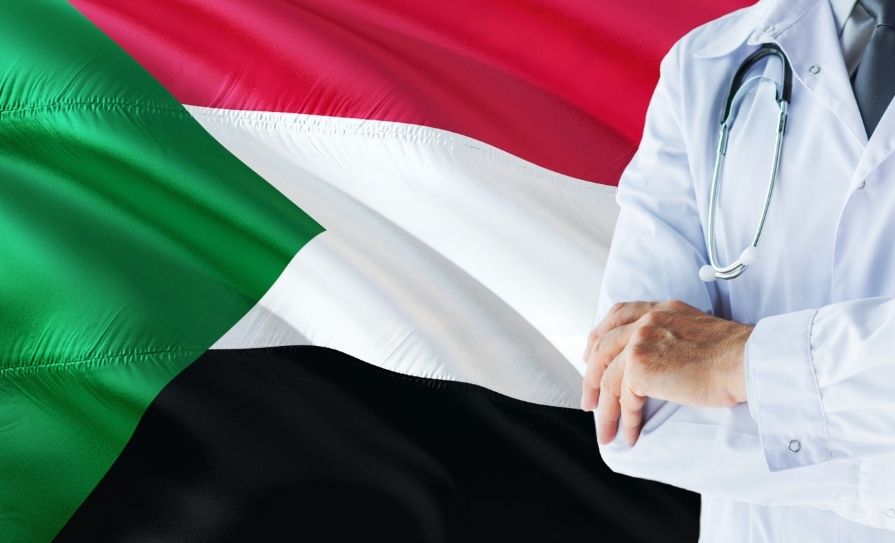The Department of Health is to develop a new national rare disease plan, it has been announced.
The announcement was made to coincide with Rare Disease Day and is in line with a commitment in the Programme for Government.
There has been increased funding for new innovative medicines for rare diseases in recent years, with €100 million invested over the last three Budgets.
During this time, more than 100 new medicines have been approved, including 34 orphan medicines to treat rare diseases.
Minister for Health Stephen Donnelly said: “I understand that patients living with rare diseases and their families face huge challenges in managing and treating their conditions, and these challenges are heightened by the lack of information and research into these diseases.
“As a health service, we are working to change this. Personalised treatments will help transform healthcare provision in Ireland, and this vision has already been laid out with the recent launch of the National Strategy for Accelerating Genetic and Genomic Medicine in Ireland.”
Links have already been developed with EU partners in the area. Last year the HSE was nominated as the National Competent Authority in an EU Joint Action of European Reference Networks for Rare Diseases, which enables greater coordination and sharing of best practices in key areas such as genetic testing.
Highlighting the importance of this EU-wide approach, the Chief Medical Officer Prof Breda Smyth said: “This collaboration has allowed us to enter into 18 European Reference Networks on Rare Diseases. These ERNs include representation from five academic hospitals and three universities and is coordinated by the National Rare Disease Office.
“This represents a significant achievement by the health service, to drive innovation, training and clinical research for highly specialised care.”













Leave a Reply
You must be logged in to post a comment.